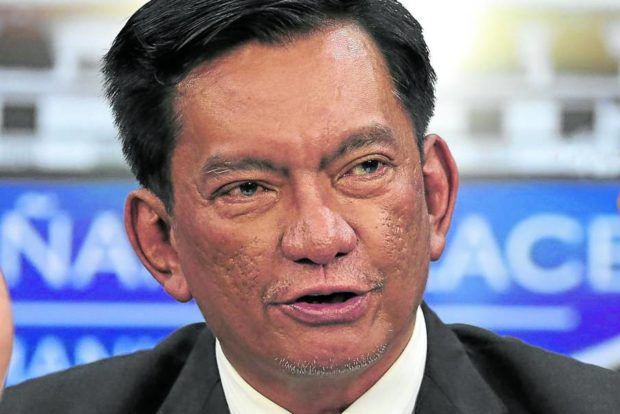MANILA, Philippines — The House ways and means panel will consider proposals to increase excise rates on so-called “sin products” like alcohol, sweetened beverages, cigarettes, and vape products.
However, House ways and means committee chair Rep. Joey Salceda said lawmakers were not inclined to impose higher taxes on junk food, and are leaning toward regulation, not taxation.
“We will definitely consider the proposals for higher taxes on sweetened beverages. It might help reduce overall sugar demand and help us manage the supply deficit and reduce the need to import,” Salceda said.
In a statement, he said the panel will “study the impact” as revenue collection has “flatlined to the P32 to P35 billion per year mark.”
“We want to see whether it will really have an impact on obesity,” Salceda added.
The House official made the remarks after the Department of Health (DOH) proposed an increase in excise on sweetened beverages, junk food, and “nonstaple” that are high in salt and fat.
Obesity
Maria Rosario Vergeire, officer in charge of the DOH, said this was part of the DOH’s strategy to regulate the “sustained increase” in lifestyle-related risk factors like obesity.
For its 2022 budget, 59 percent or P155 billion of the agency’s funding came from revenue collections under Republic Act No. 10351, or the Sin Tax Reform Act of 2012.
Salceda said the House ways and means panel would “seriously study” the DOH’s proposals.
“Definitely, my office will pursue more regulation, taxation aside. Definitely, we are going for a ban on sugary drinks in public and private grade schools,” he said.
He said the panel is also open to higher excise taxes on cigarettes, alcohol, and vape products.
“We will definitely consider the proposals. In fact, I am already preparing a bill on higher taxes on vape products, especially now that global jurisprudence already acknowledges the harm in vaping,” Salceda said.
‘Vaping has harms’
He was referring to a $438.5-million tentative agreement on a multistate settlement with JUUL Labs, a vape product manufacturer.
“It is now acknowledged in courts abroad that vaping has harms. So, there is an impetus to further discourage consumption there,” the lawmaker said.
He added that he has already formed a study group with civil society and government agencies to study cigarette and alcohol taxation levels and “craft ideal rates and taxation design.”
“We will consider all proposals, and all counter-arguments, including illicit trade, jobs losses, inflationary impact, as well as what works in other countries. In principle, the committee believes in health taxes, especially to fund universal health care,” Salceda said.
But as to a “junk food” tax, the economist turned lawmaker said the panel was leaning “toward regulation rather than taxation” although it would still study the proposal.
RELATED STORY
DOH seeks higher taxes on sweetened beverages, junk food
